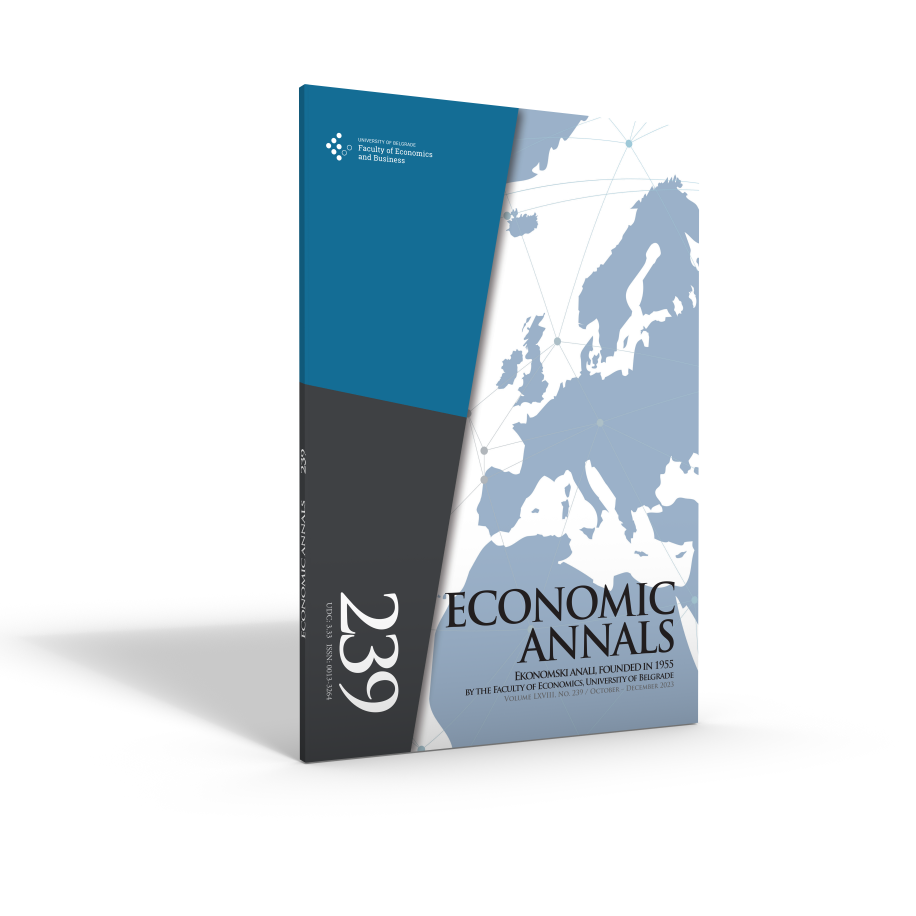EVIDENCE ON HOUSEHOLD FINANCIAL FRAGILITY IN WESTERN BALKAN COUNTRIES BEFORE COVID-19
##plugins.themes.bootstrap3.article.main##
##plugins.themes.bootstrap3.article.sidebar##
Elona Dushku
Abstract
This paper seeks to investigate household financial fragility in Western Balkan countries using household-level data from the third wave of the Life in Transition Survey . We used the ability of households to cope with an unexpected expenditure shock as a measure of household financial fragility and analysed how sociodemographics and economic characteristics are related to the probability of households being financially fragile. Understanding household financial fragility in Western Balkan countries is important to properly address policy challenges in terms of household welfare and financial stability. Our findings show that almost half the households in the Western Balkans could not cope with an unexpected expenditure event and are considered financially fragile. Estimated results based on probit regressions show that the probability of Western Balkan households being financial fragile is, in addition to socio-demographic factors, related to households’ portfolio choices.
##plugins.themes.bootstrap3.article.details##
Keywords
household financial fragility, logit regressions, Western Balkan
JEL Classification
D12, G51, C25
Issue
Section
Articles
How to Cite
Dushku, E. (2023). EVIDENCE ON HOUSEHOLD FINANCIAL FRAGILITY IN WESTERN BALKAN COUNTRIES BEFORE COVID-19. Economic Annals, 68(239), 7-29. https://doi.org/10.2298/EKA2339007D
How to Cite
Dushku, E. (2023). EVIDENCE ON HOUSEHOLD FINANCIAL FRAGILITY IN WESTERN BALKAN COUNTRIES BEFORE COVID-19. Economic Annals, 68(239), 7-29. https://doi.org/10.2298/EKA2339007D

